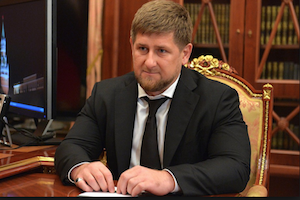ISKP Attacks in Uzbekistan and Tajikistan
By Sudha Ramachandran
August 31, 2022
Since April this year, the Islamic State Khorasan Province (ISKP), the Afghan affiliate of the terrorist organization known as the Islamic State of Iraq and Syria (ISIS), has carried out rocket attacks in Uzbekistan and Tajikistan from its bases in northern Afghanistan. The attacks are significant. This is the first time that the jihadist group is targeting countries in Central Asia. They signal the ISKP’s expanding geographic presence inside Afghanistan as well as its growing ambitions in Afghanistan and Central Asia. Western countries that are concerned about terrorism emanating from Afghanistan should take note of the implications of the recent attacks.
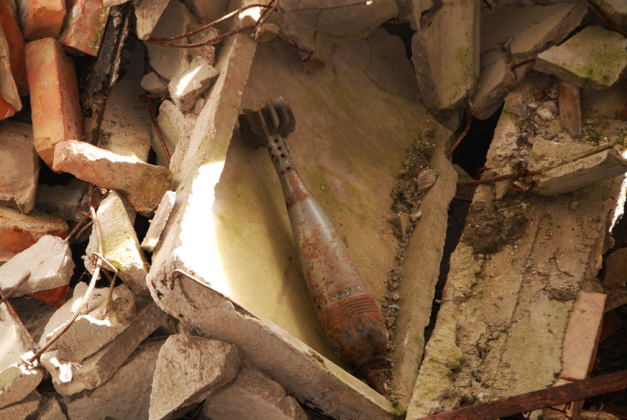
ISIS Reaps Gains From the Pakistan-India Rivalry in Afghanistan
By Umair Jamal
July 21, 2020, the CACI Analyst
The growth of the terrorist organization known as the Islamic State in Iraq and Syria (ISIS) in Afghanistan poses a formidable challenge to India and Pakistan’s security interests in the region. Recently, an ISIS-claimed attack on a Sikh Gurudwara in Afghanistan involved a suicide bomber from India. On April 4, Afghan security forces arrested a Pakistani national and a high-ranking ISIS commander in Afghanistan, who authorized the Gurudwara attack. Reports indicate that ISIS is rapidly gaining recruits from India and Pakistan for its Afghanistan and Central Asia operations. The emerging threat in this regard would require close counterterrorism cooperation between Islamabad and New Delhi if the group is to be successfully defeated in Afghanistan. However, given Pakistan and India’s competition and record of undermining each other’s interests in Afghanistan, ISIS is set to gain exponentially in the coming months.
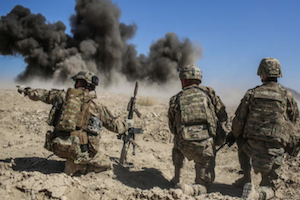
Discontent with Kadyrov Leads to Increased Violence in Chechnya
By Emil A. Souleimanov and Huseyn Aliyev
October 23, 2018, the CACI Analyst
On August 20, a series of attacks by teenagers against policemen took place in Chechnya’s cities of Grozny and Shali. The country’s strongman Ramzan Kadyrov quickly blamed “external actors” seeking to pitch local security enforcement, siloviki, against teenagers, while decrying the inability of the attackers’ parents to oversee their sons. Yet realities on the ground appears to be different. In fact, large part of the Chechen population hold enormous grievances caused by the impunity of local siloviki, particularly kadyrovtsy, and the republican authorities in general. The threat of punishment against the relatives of insurgents and their (prospective) supporters has since the early 2000s stemmed the local insurgency. Yet from time to time, grievances condensed in the Chechen population explode in spontaneous acts of nearly-suicidal violence against republican law enforcement.
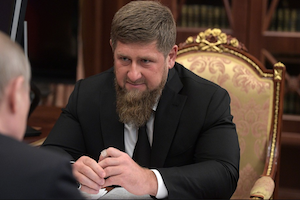
Taliban Resumption of Fighting Should Not Bury Afghanistan's Peace Process
By Sudha Ramachandran
June 26, 2018, the CACI Analyst
A day after Taliban fighters stunned the world with photographs of themselves embracing and celebrating Eid with personnel of the Afghan security forces, the Taliban leadership announced its decision not to extend the ceasefire. This dashed the hopes of millions of Afghans who were looking forward to a respite from the war. While the Taliban’s refusal to extend the ceasefire is disappointing, it is not the end of the road for the peace process. In recent months, Afghanistan has witnessed powerful demonstrations calling on the government and the Taliban to end the fighting. President Ashraf Ghani must draw on these peace constituencies to keep the peace process alive.
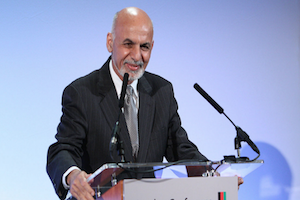
Families of ISIS Fighters Return to North Caucasus
By Huseyn Aliyev
May 23, 2018, the CACI Analyst
Since December 2017, following the military defeat of the terrorist organization known as the Islamic State in Iraq and Syria (ISIS), several hundred Russian citizens, mostly from the North Caucasian republics of Chechnya, Dagestan and Ingushetia, have been brought back to Russia from Syria and Iraq. The returnees are families of ISIS fighters from the North Caucasus. So far, authorities have detained and prosecuted many returnees upon their return to the North Caucasus. The Chechen leader Ramzan Kadyrov has masterminded the return of North Caucasus nationals from the Middle East, using the opportunity to boost his image as a regional leader.
